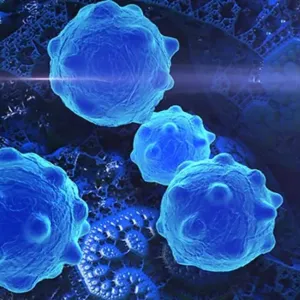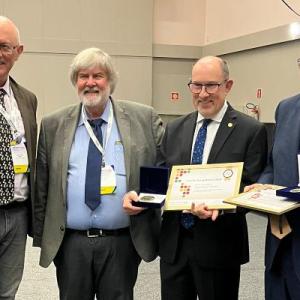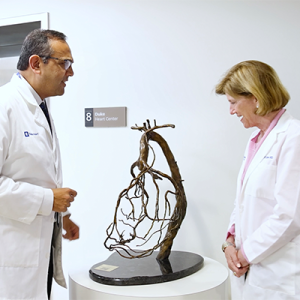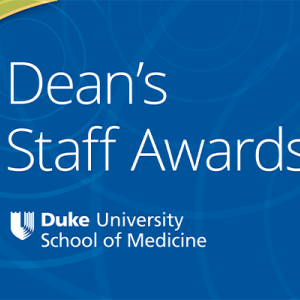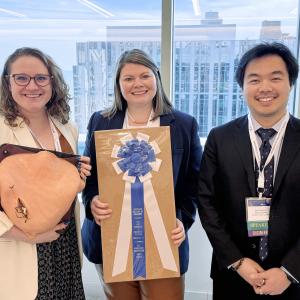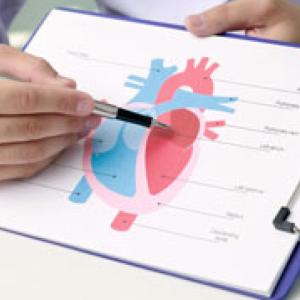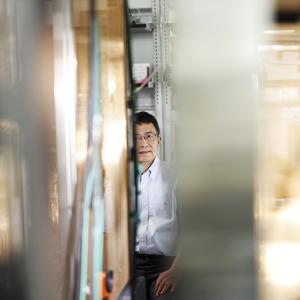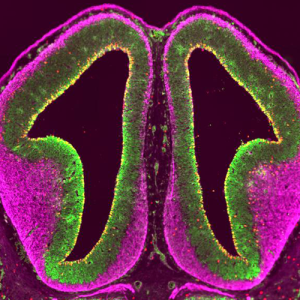New AI Methods Advance Diagnosis After Brain Metastasis Treatment
A novel deep learning-based approach can help distinguish between local tumor recurrence and side effects of radiation therapy.
Joseph Heitman Honored with Prestigious Lucille Georg Award in Basic Science
Joseph Heitman, MD, PhD, has received the Lucille Georg Award in the basic scientist category from the International Society of Human and Animal Mycoses (ISHAM). This distinguished award recognizes lifetime achievements and outstanding contributions to the field of medical mycology.
Philanthropy in Action: A Conversation with Dr. Manesh Patel
Dean Klotman and Manesh Patel, MD discuss the transformative role of philanthropy in advancing cardiovascular research and care at Duke. Their conversation highlights how the university's recent MADE FOR THIS fundraising campaign is fueling innovation, collaboration, and purpose-driven support to shape the future of heart health.
Celebrating Excellence: 2025 Dean’s Staff Award Winners Announced
The Duke University School of Medicine is proud to announce the recipients of the 2025 Dean’s Staff Awards.
Duke University School of Medicine Announces 2025 Faculty Award Recipients
The Duke University School of Medicine proudly announces the recipients of the 2025 Faculty Awards, honoring outstanding contributions in teaching, research, clinical care, professionalism, and ser
2025 Michelle P. Winn Award Winners Named
The Duke University School of Medicine has announced the 2025 Michelle P. Winn Awards honoring individuals and teams who have made significant contributions to inclusive excellence over the past year.
Study Suggests Dosing of Heart Failure Medication Can be Safely Simplified
Duke research suggests that patients can safely escalate dosage in fewer steps, potentially helping more patients reach target dosing levels.
Experimental Painkiller Could Outsmart Opioids – Without the High
(DURHAM, NC) An experimental drug developed at Duke University School of Medicine could offer powerful
What Makes Us Human
If 98.8% of our DNA is the same as that of a chimpanzee, what changes in the remaining 1.2% make us human?
